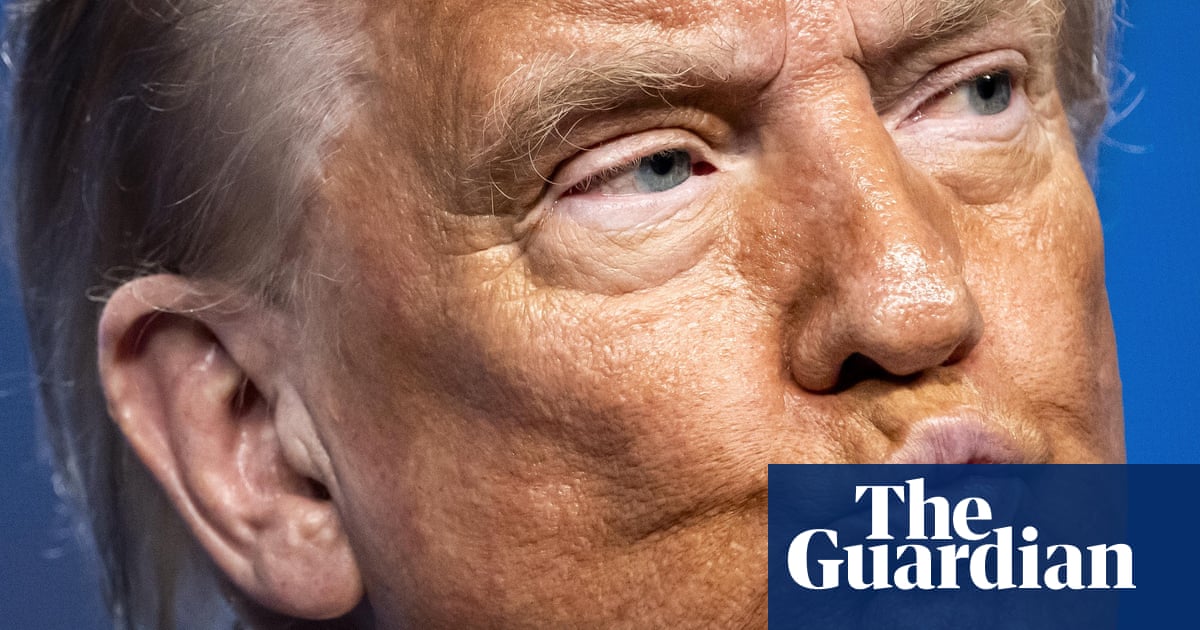Trump Imposes New Tariff Rates Affecting 14 Countries











2025-07-08T04:54:00Z

In a significant move that is stirring international reactions, former President Donald Trump has announced new tariff rates that could reach as high as 40% for 14 targeted countries. The announcement has garnered a muted response from the hardest-hit Asian nations, which are currently hoping to renegotiate these rates before they take effect next month.
Among the countries affected, Japan, South Korea, Malaysia, Kazakhstan, and Tunisia received the lowest tariff classification of 25%. In stark contrast, Laos and Myanmar, both grappling with severe poverty challenges, are facing the highest imposed rate of 40%, raising concerns about the economic implications for their populations.
Trump took to his social media platform to post copies of the tariff letters sent to each of the affected countries. His press secretary, Karoline Leavitt, confirmed that more letters outlining further tariff details would be dispatched later this week. This indicates a continued effort on Trump's part to emphasize his administration's trade policies and assert his influence on international economics.
Japanese Prime Minister Shigeru Ishiba expressed cautious optimism, stating that some progress had been made in discussions aimed at averting the higher tariff rates which Trump had previously proposed, potentially going up to 35%. Concurrently, South Korea’s Ministry of Trade announced plans to intensify trade discussions with the United States by August 1, with the goal of achieving a mutually beneficial outcome for both nations.
In a broader context, South Africa’s President Cyril Ramaphosa weighed in on the situation, arguing that the 30% tariff rate imposed on South African goods was unjustified, especially considering that 77% of American goods imported into South Africa enter the country with no tariffs at all.
As these developments unfold, the global economic landscape continues to be shaped by such unilateral trade decisions, prompting discussions on the fairness and long-term impacts of these tariffs.
Here’s more on the tariffs and other key political news unfolding in the United States today, as the nation navigates these complex trade relationships.
For those catching up, significant events took place on July 6, 2025, that have set the stage for ongoing discussions regarding trade and economic policy.
 Mei-Ling Chen
Mei-Ling Chen
Source of the news: The Guardian